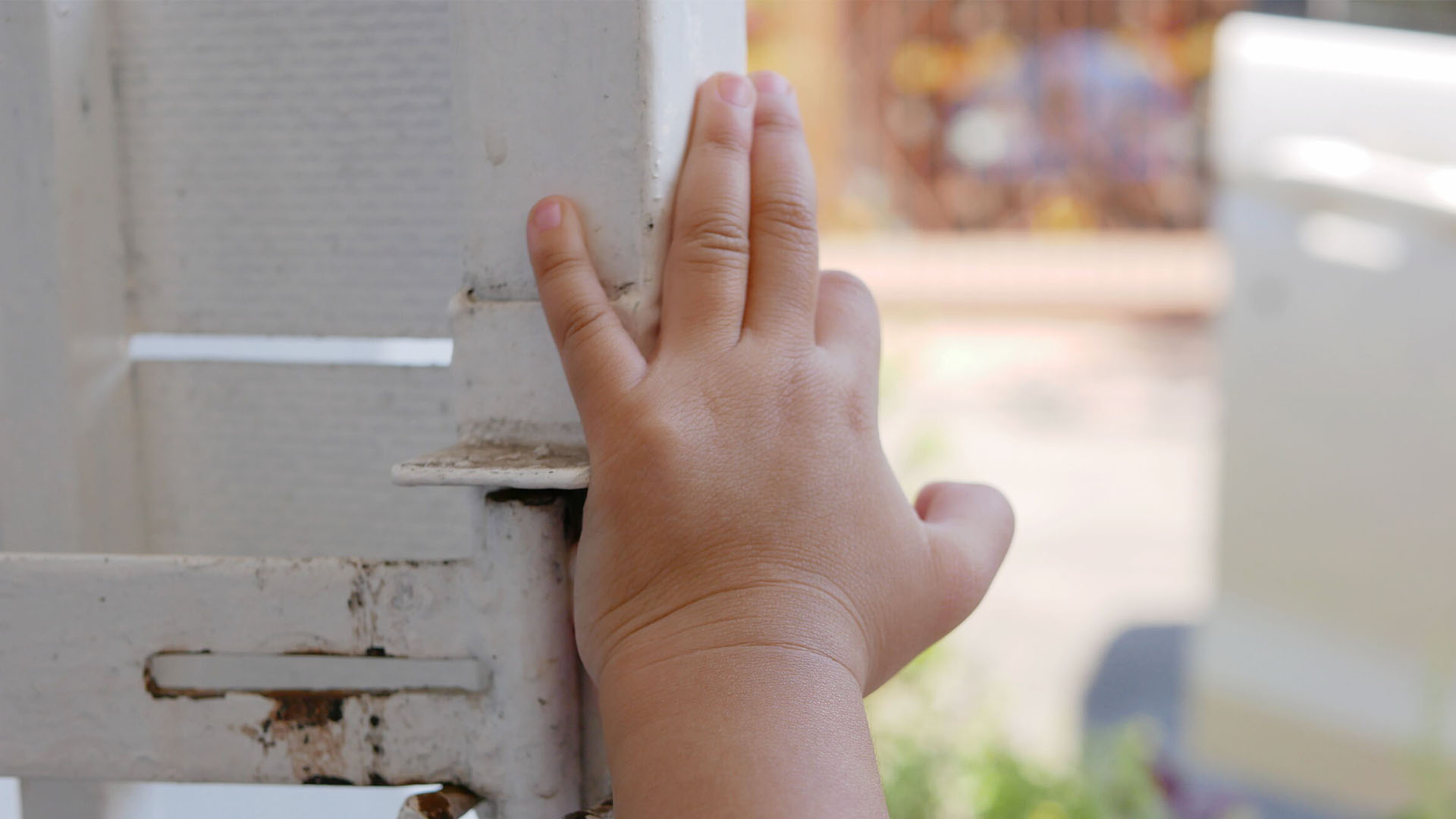5 Ways To Deal With A Kid Who Hates Bedtime
Parents, if you have a tough time getting your kid to sleep, you’re not alone. It’s important to determine what is causing the problem to make bedtime easier for everyone. Some kids might have trouble falling asleep because they don’t want to be alone or have other worries (school, fitting in, not spending enough time with a busy parent, etc.). Some kids might not actually hate bedtime – they are simply reacting to the feeling of being controlled and commanded. For others, getting into bed is not the big problem, it’s when they routinely take forever to fall asleep.
Getting enough sleep is essential for young kids and school-aged children. Lack of sleep can affect their concentration in school, physical development, immunity and mood. Try these five ways to deal with a kid who hates bedtime.
1. Reframe sleep as a good thing
If your kid acts like they hate bedtime, maybe it is because to them, it really is like a punishment. Sometimes, without meaning to, parents may approach sleep more as a consequence for misbehaving.
“If you don’t finish your dinner, you must go straight to bed!”
“No playing. You’re going to bed right now because you n’t been listening to us.”
Instead of presenting bedtime as a consequence, try reframing it in a positive light to transform the way your child thinks about sleep.
Try this: “Repackage” bedtime as your special time when you can snuggle together in bed where it’s nice and clean and comfortable. You can also talk to your child about how much sleep helps them. For example: Sleep helps them grow taller and stronger (until one day, they might be even bigger than mommy and daddy); it helps them dream cool dreams; it boosts their body’s healing powers; it helps them run faster – and the faster they sleep, the faster they can wake up to a new day to play.
2. Simplify the bedtime routine
Yes, setting a predictable bedtime routine is important because it soothes kids and lets them know what to expect. But by no means do you have to create some elaborate routine here. Be goal-oriented. The basics will do: Shower, brush teeth, read, sleep. (Adapt to your needs.)
Some parents don’t mind doing the extras: Sing each child’s favourite song, say goodnight to their children and their children’s stuffed animals, do stretches together, make six trips to get water for their alarmingly dehydrated kids (always parched right at bedtime), but if none of this is for you, don’t do it! Keep it simple. You’re not doing an 18-step Korean skincare routine. You’re putting your kid to bed.
Try this: The whole routine should start around 30 minutes prior to bedtime. The longer you draw out the routine, the more you are letting your children lead and stall the game.
Just keep in mind that doing a flower yoga pose is not going to make a world of difference in helping your kid have a better sleep experience. If your kid struggles with bedtime, opt for a simple bedtime routine that you can actually stick to, because consistency is comforting. Your calm presence is comforting. And trust us, it’s easier to remain calm if you don’t have to sing 16 lullabies.

3. Set the scene to help your kid transition to bed
Kids hate being bored, and sleeping can be dreadfully boring. Often, they don’t want to go to bed because they don’t want to miss something. It’s worse when they know that other family members get to stay up later and hang out while they have to just sleep. The FOMO is real.
To make bedtime easier for them, “set the scene” and make sure the hours leading up to bedtime are quiet and peaceful. Create a household environment that’s conducive to winding down from the chaos of the day.
Try this: Set some rules, such as: No television, iPad, computer, screens and video games two hours before bedtime. No sweets either. All of these are stimulants that might rev up your child, making it harder for them to transition to going to bed. Try to stick to these bedtime rules because if they are inconsistently enforced, bedtime resistance might grow.
Lastly, make sure their room is comfortable and cool. Dimming the lights or using a night light can help set the scene.
4. Avoid late naps and late bedtimes
Sometimes kids fight bedtime because they are not tired enough or they are overtired.
You know those five little monkeys jumping on the bed? Chances are, they all took long naps too close to bedtime. Napping is important for young children. However, avoid lengthy late afternoon naps, which could interfere with your child’s bedtime when they aren’t tired enough to sleep again so soon.
That said, make sure that your child’s bedtime isn’t too late either, otherwise they might be overtired, which frequently leads to hyperactivity. Some adults may misidentify hyperactivity as a sign that their kids aren’t tired yet, when in fact it is a sign that they are too tired. Hyperactivity can escalate the likelihood of tantrums and the inability to “switch off” at bedtime.
Try this: To help your child be more receptive to bedtime, stick to naps earlier in the day and an age-appropriate sleep schedule. Find out how much sleep The National Sleep Foundation recommends for children of different age groups here.
Some kids may pull the “but it’s the weekend so I can sleep later” card. That’s true to some extent, but if weekend and weekday bedtimes are wildly different, you risk dealing with greater bedtime protests on the weekdays.

5. Empower your kid by letting them make specific choices
Kids need you, as their parents, to provide a bedtime routine and make key decisions and rules. It builds trust and security. Bedtime should be non-negotiable, but within the bedtime structure, consider giving your child small, specific choices.
If your kid is turning bedtime into a power struggle every night, perhaps they are asserting their growing independence. Giving them choices helps them feel like they have some ownership and say in things; this way, they may be more likely to cooperate with you. Allowing them to make choices also moves them in the right direction of eventually managing their own bedtime.
Try this: For young kids, choices need to be 1) specific and 2) limited to two options. For example, “Do you want to wear this pyjama or this pyjama?” Instead of commanding, “Go brush your teeth now!” ask, “Do you want to brush your teeth now or in five minutes?” (Even if they are too young to know the time, oftentimes just being invited to choose will restore a sense of calm and control in them). Avoid providing more than two options or big open-ended choices as it could drag things on and overwhelm them.
For the latest updates on Wonderwall.sg, be sure to follow us on TikTok, Telegram, Instagram, and Facebook. If you have a story idea for us, email us at [email protected].











